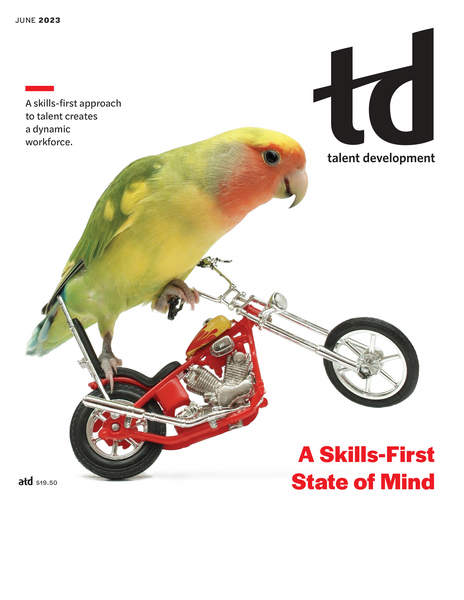TD Magazine Article
Member Benefit
Make the Most of Coaching
Tend to your professional success by entering into a coaching relationship.
CA
By
Thu Jun 01 2023
Loading...
Well-being and public health have become universally discussed and openly debated topics during the pandemic. Those discussions are no longer trends but emerging priorities for employers and society. Well-being is not just about an individual's mental health; the Centers for Disease Control and Prevention casts a larger net with a definition that includes physical, economic, social, emotional, and psychological factors as critical to overall well-being.
You've Reached ATD Member-only Content
Become an ATD member to continue
Already a member?Sign In

